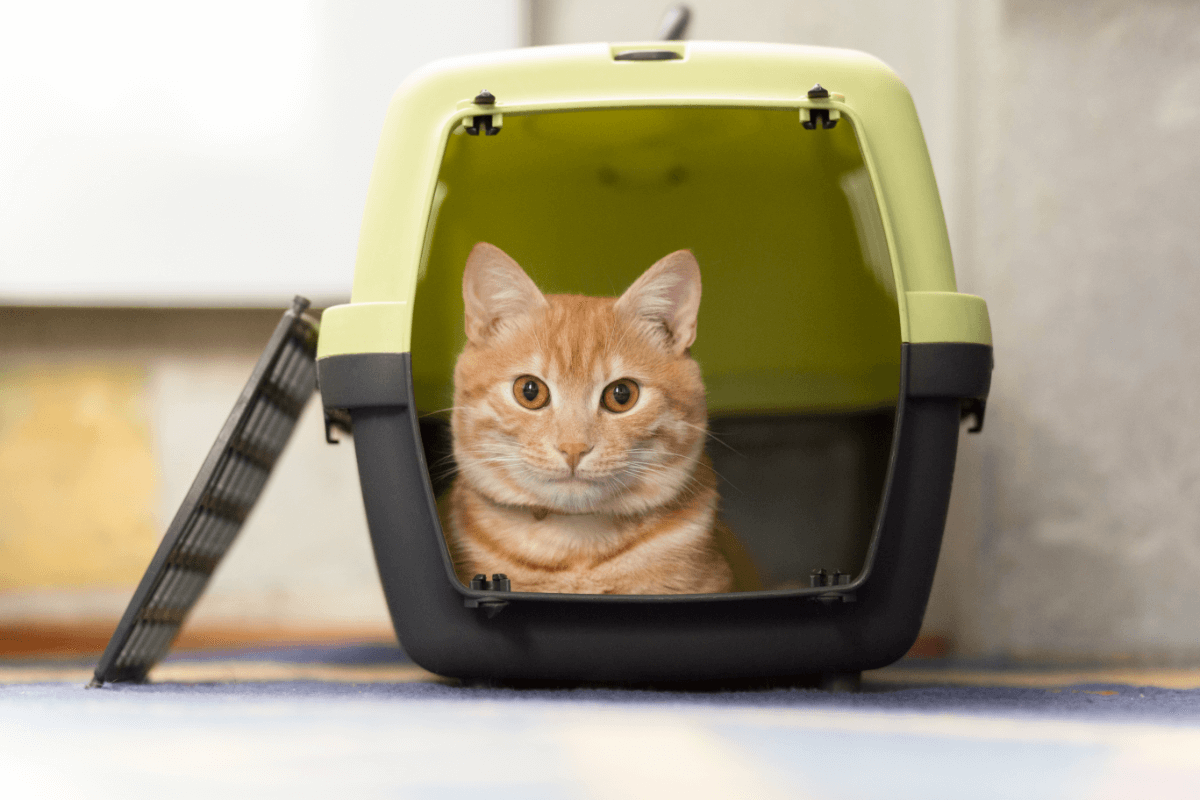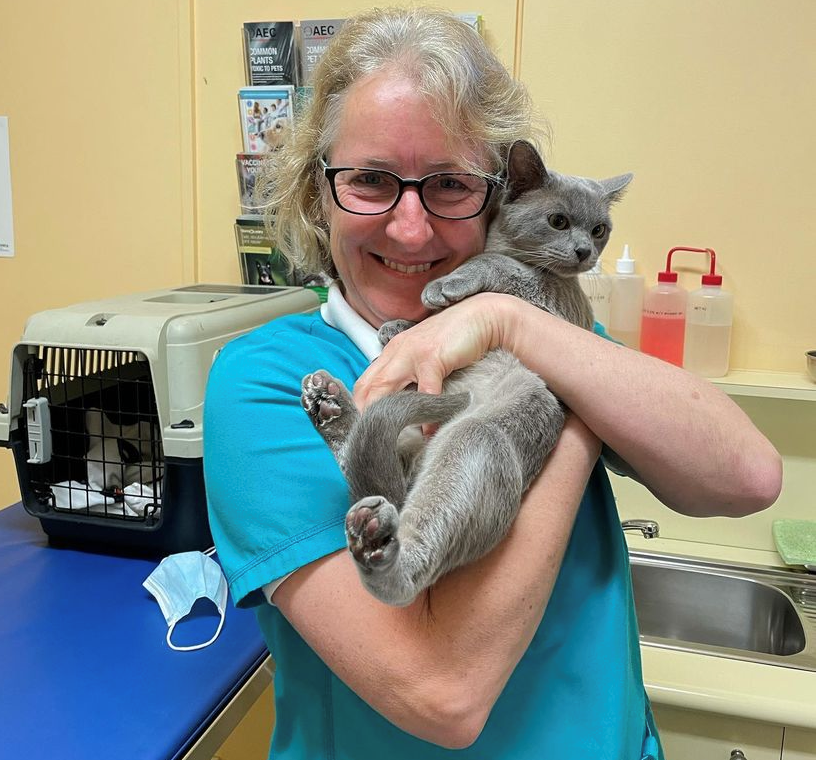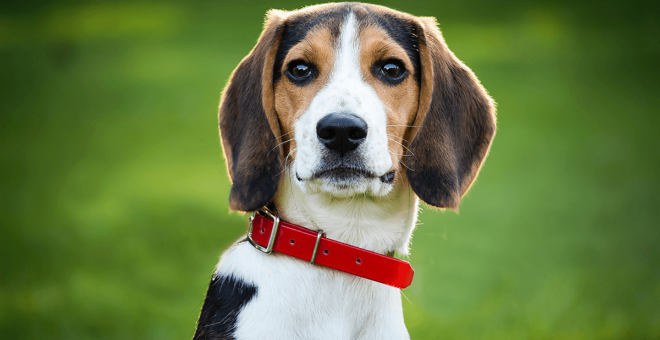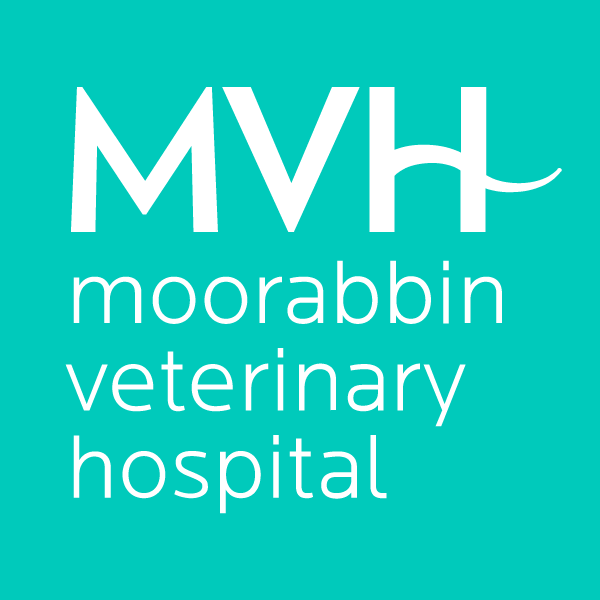A visit to the vet can be a pretty stressful experience for many pets. We poke and prod, and sometimes take blood or give injections – all in an environment surrounded by unfamiliar people and other animals. It’s no wonder that some cats and dogs aren’t too keen to come to the vet.
But it doesn’t have to be that way. At Moorabbin Vet Hospital, our aim is to make your visit – for both you and your pet – as stress-free as possible.
While we do all that we can to make your dog or cat feel comfortable and relaxed, there are also a few things you can do before arriving at the clinic to ensure an even happier pet. Read on to find out our top tips for a stress-free vet visit.
Don’t be in a rush
If you’re stressed, then your pet is bound to feed off that stress as well.
Before your vet appointment, make sure you are well prepared. If it’s at a vet clinic you’ve never been to, know how long it will take to get there, and where you can park. At Moorabbin Vet Hospital, we have ample parking at the back of our building, so you’ll never be late trying to find a park.
Give yourself plenty of time to get to the clinic without needing to rush, and take along anything your vet has asked you to bring – this may be your pet’s papers, previous vaccination records etc. Also, have a think about any questions you may wish to ask the vet – this may be about your pet’s diet, their behaviour, or any other concerns you may have.
Try not to feed your pet before their visit
Many pets are led by their stomachs – and we as vets definitely use that to our advantage when dealing with more anxious cats and dogs. At our clinic, we use treats (with your permission of course) to calm a more nervous pet on their arrival, as well as during and after anything your pet may view as a bit scary or uncomfortable, such as vaccinations or taking their temperature.
Familiarise your cat with the carrier
If the only time your cat sees and gets put into their carrier is when they go to the vet, it’s little wonder that they fight you tooth and nail when you try to place them in there.

In the week leading up to their visit, put the carrier out in an area where your kitty likes to play or sleep. Depending on the type of carrier you have, keep the door open or remove the top to make it easily accessible for some fun or rest. Add in a nice, comfy blanket at the bottom of the carrier and a few of their favourite toys to make sure they feel nice and comfortable.
Ensure your pet feels safe and secure while waiting at the vet
A vet clinic waiting room can be a pretty intimidating space, particularly for cats and small dogs. The different smells, noise and inquisitive animals can really make some pets’ anxiety levels skyrocket.
Cats feel much more secure if they are at a higher level, so it is best to place the carrier on the chair next to you. Smaller dogs may also feel more comfortable off the floor and may feel happiest being held or sitting on your lap. If possible, maintain eye contact with your pet and talk to them to try and distract them during your wait.
At our vet clinic we do our best to send you through to the consult room as soon as possible – even if your vet isn’t quite ready to see you – to ensure a calmer environment for your pet.
Bring your dog in to meet us
If you get a new puppy or dog, it’s a great idea to take them to your vet for a visit. We love nothing more than meeting new animals, and whenever possible, we will also take your pup into the consult room, have them sit on the table, and hop on the scales to get them used to the clinic.
All of this familiarisation will help make the first “official” visit to the vet much more stress-free now that your dog has a positive association with the vet clinic.
Talk to your vet about other options to help your pet relax
If after all of the above steps your cat or dog still finds a visit to the vet an overwhelming experience, it’s worth talking to your vet about additional measures to make them feel more relaxed. There are synthetic pheromones available – Feliway (for cats) and Adaptil (for dogs) – that can help anxious pets feel more secure and comfortable.
We can also use medication to help alleviate anxiety. This is becoming much more commonplace and has a big impact in helping to make the visit to the vet much less stressful – for both you and your pet.
Choose your vet clinic wisely
Just like choosing your own medical professional, it’s vital that you choose a vet practice that is a good fit for your cat or dog – and for you too. Before making an appointment with a clinic, drop in for a chat, unannounced. It’s a great way to see the staff in action, the environment of the waiting room and interactions with pets and their owners. The relationship between you and your vet clinic is likely to be long-term, so it’s important that you feel comfortable and valued.

We’d love to meet you and your pet
We are all animal owners ourselves at Moorabbin Vet Hospital, and we treat all the cats and dogs that come through our door like they are our own. We work really hard to make sure that your trip to our vet clinic is a smooth, happy and effective one.
If your pet is particularly nervous, please call us to discuss strategies to help them during their consultation.
To make an appointment, give us a call on 03 9555 4808 or you can book online.


